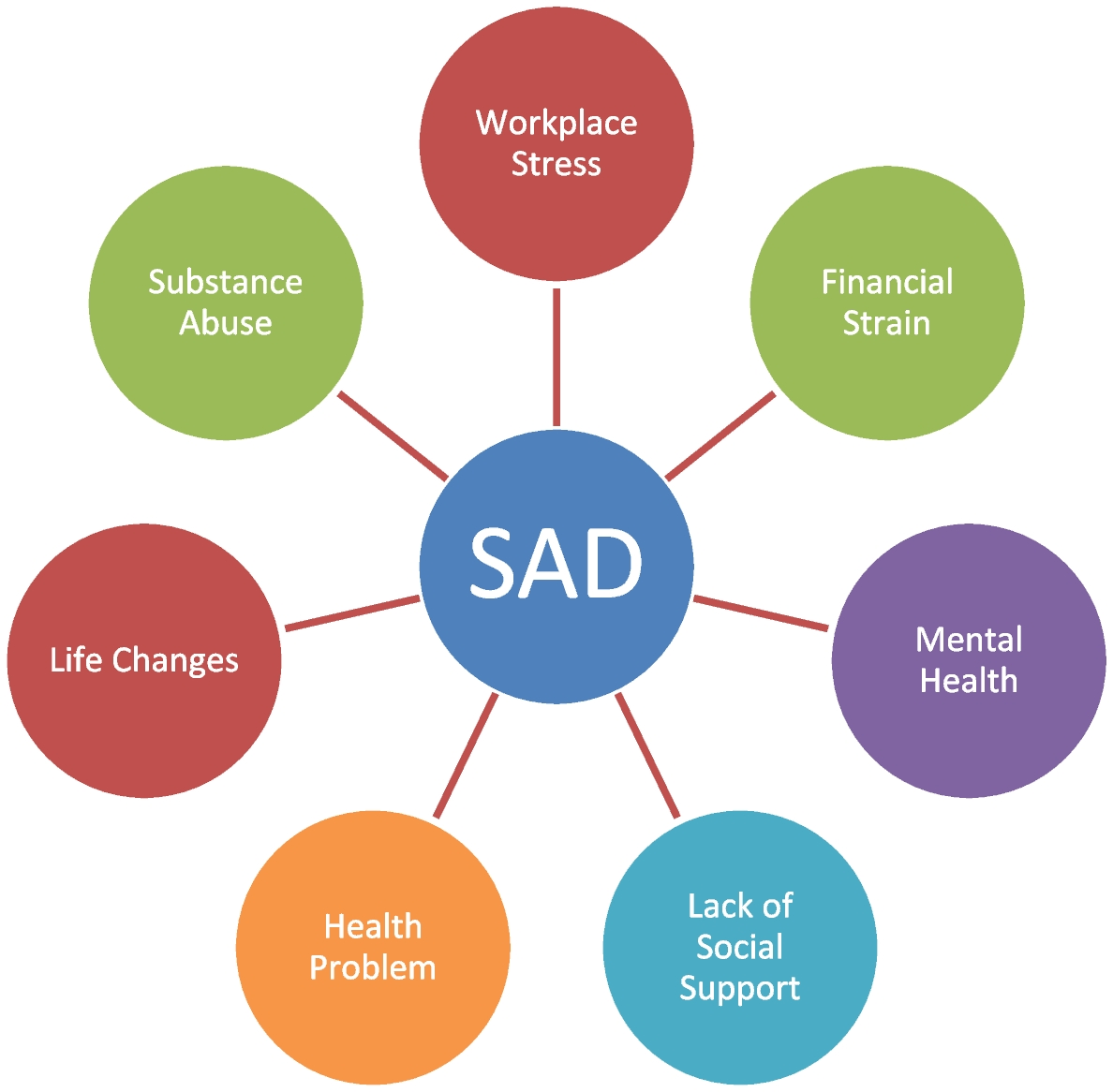A recent study published in BMC Public Health highlights the pervasive nature of stress, anxiety, and depression (SAD), which significantly impact individual and societal well-being. The research identifies eight critical factors contributing to SAD, including workplace pressure and poor sleep quality. It also proposes six targeted interventions aimed at mitigating these mental health issues.
Among the identified causes, inadequate sleep and chronic fatigue emerged as particularly detrimental to mental health. These factors disrupt emotional resilience and hinder cognitive functioning. Using the fuzzy analytic hierarchy process (F-AHP), the study systematically analyzed and prioritized these causes and interventions to determine the most effective strategies for preventing and managing SAD. The analysis underscores that sufficient sleep is vital for mood stabilization and symptom reduction.
The study advocates for structured sleep hygiene as a primary preventive measure within mental health frameworks, emphasizing its role in fostering resilience and improving overall quality of life. By highlighting the importance of sleep alongside other interventions, the findings suggest a comprehensive approach to addressing the interconnected factors that contribute to SAD.
The implications of SAD extend beyond individual well-being, affecting productivity and economic stability. Untreated SAD can lead to emotional distress that diminishes productivity and negatively impacts physical health over time. The economic burden is substantial, with billions lost annually due to increased healthcare demands and reduced workplace efficiency. Furthermore, the human costs are severe, as untreated SAD can lead to a diminished quality of life and, in extreme cases, tragic outcomes.
The study emphasizes the urgent need for proactive measures that target the underlying causes of SAD. Identifying factors such as workplace stress, financial difficulties, and lack of social support is essential for implementing effective interventions. Addressing these issues can lead to a healthier society where mental health challenges are managed more effectively.
The research also provides a detailed examination of how stress, anxiety, and depression interact within individuals. It highlights that stress is the body’s response to demands that exceed an individual’s coping capacity, often leading to emotional strain. Depression is characterized by pervasive sadness and loss of interest in daily activities, while anxiety manifests as chronic worry or fear about future events.
Workplace pressure and burnout are significant contributors to SAD, as excessive workloads and constant performance expectations create a major source of mental strain. The study found that many individuals experience prolonged periods of high stress without adequate support, exacerbating their mental health challenges.
In conclusion, the study presents a compelling case for prioritizing sleep and implementing structured interventions to combat SAD. Addressing the complex network of factors that contribute to these mental health issues is critical for enhancing individual well-being and promoting societal health.



